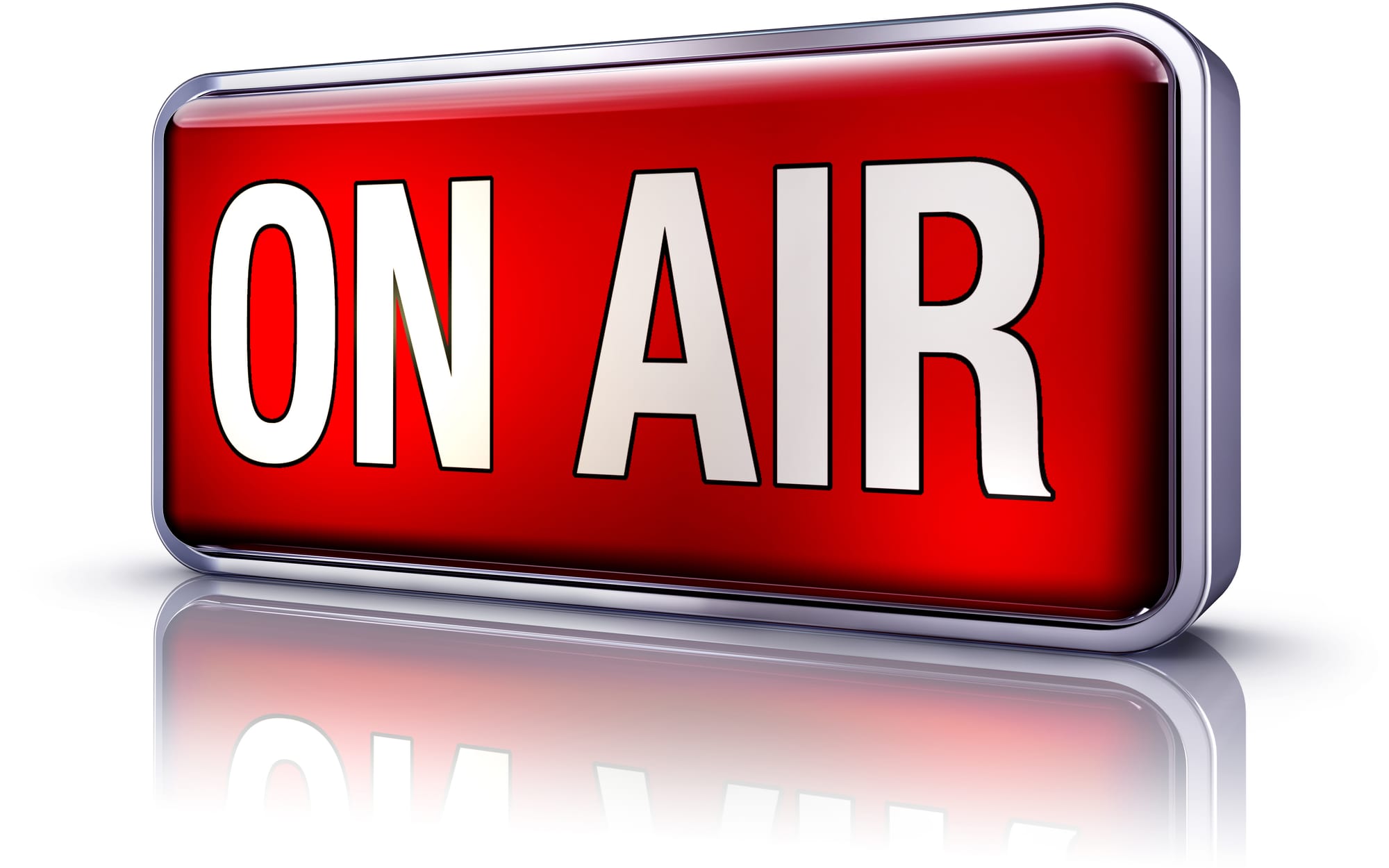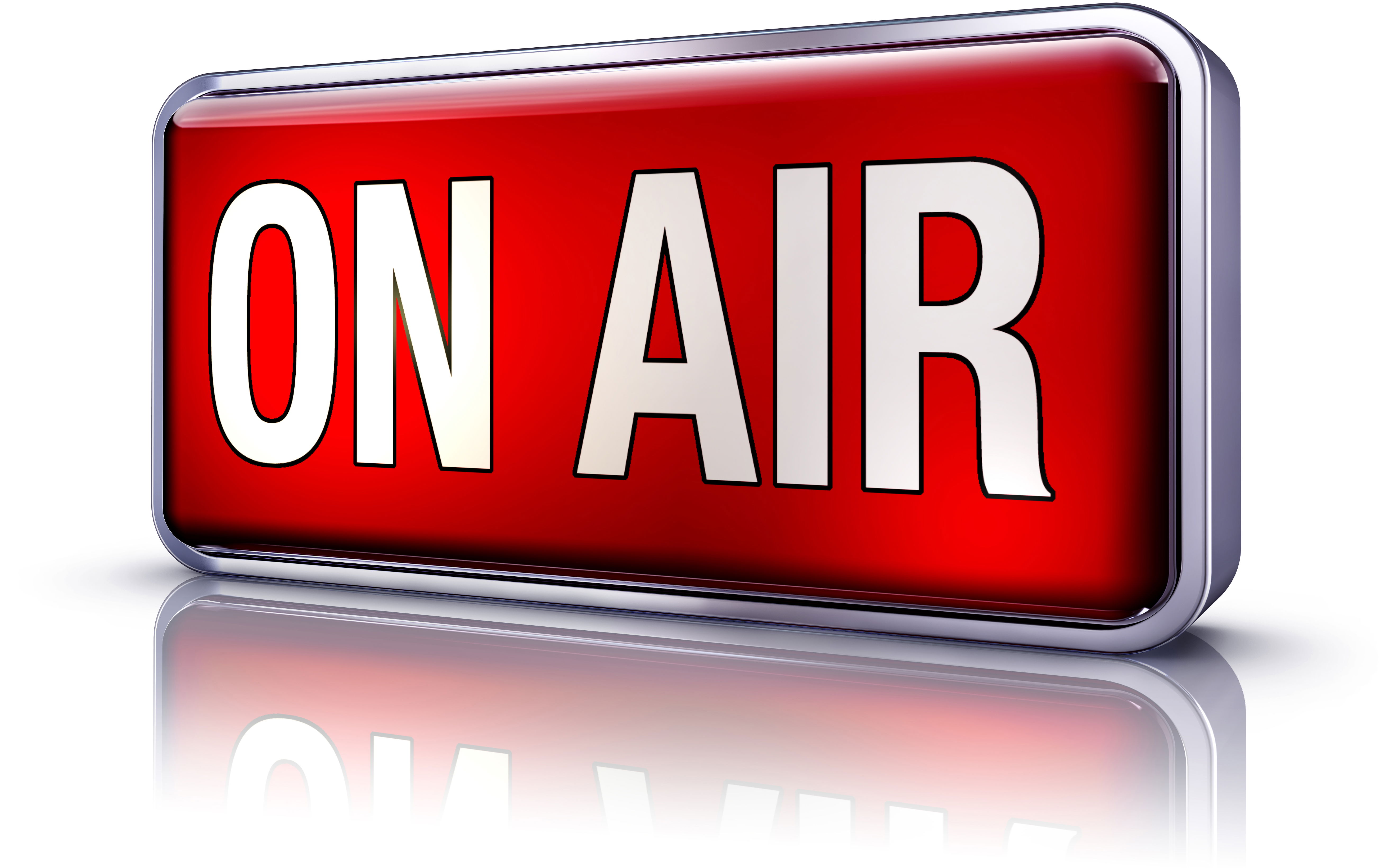Make Sure Your Music is "Radio - Ready"

1. Make sure your music is “radio-ready”
Before sending anything, you should have:✔ A high-quality, properly mixed & mastered track✔ A clean (radio-safe) version with no profanity✔ Metadata embedded (artist name, song title, ISRC if you have one)

Examp
1. Make sure your music is “radio-ready”
Before sending anything, you should have:
✔ A high-quality, properly mixed & mastered track
✔ A clean (radio-safe) version with no profanity
✔ Metadata embedded (artist name, song title, ISRC if you have one)
2. Put together an EPK (Electronic Press Kit)
Most radio stations expect this. It should include:
- Artist bio (short and long versions)
- High-quality photos
- Your single in MP3 + WAV formats
- A link to stream the track
- Social links
- Press quotes (if any)
- Contact info
You can host your EPK on a private website, Google Drive, Dropbox, or a dedicated EPK builder.
3. Identify the right stations
Don’t send your track to random stations. Target stations based on:
- Genre (hip-hop, rock, country, EDM, etc.)
- Region (local stations are easier to land first)
- Type (college radio, community radio, internet radio, commercial radio)
Tip: College radio is the easiest entry point for new artists and often plays independent music.
4. Find the music director or program director
Go to the station’s website and look for:
- “Music Director”
- “Program Director”
- “Submissions” or “New Music”
If the email is not listed, call the station and politely ask for the music submission address.
Avoid sending messages to general inboxes—they often get ignored.
5. Write a short, professional pitch email
Keep it simple. Here’s a great example:
Subject: New Single Submission – [Your Artist Name] – “Song Title”
Hi [Name],
I hope you’re doing well. I’d like to submit my new single “Song Title” for airplay consideration. It’s a [genre] track similar to [artist comparisons].Here is the EPK and download link:
[EPK Link]
[Download Link]If you need anything else—clean version, instrumental, interview availability—I’m happy to provide it.Thank you for your time,
[Your Name]
[Phone / Email / Socials]
6. Follow each station’s submission rules
Some want MP3 only.
Some want streaming links.
Some want physical CDs.
Some require tagging your files a certain way.Always follow their protocol—stations ignore people who don’t.
7. Start local, then expand
Local stations are much more likely to support artists from their area.
Once you get spins locally, use that as leverage to approach regional or national stations.
8. Follow up the right way
Wait 1–2 weeks, then send a friendly check-in:
“Just checking if you had a chance to listen…”
Don’t spam or sound entitled—relationships matter.
9. Track your airplay
Use platforms like:
- Radiodirectx
- Radio Airplay
- Nielsen BDS (if you’re targeting commercial radio)
- TuneCore Airplay
This helps you see which stations picked up your track.
le Text
